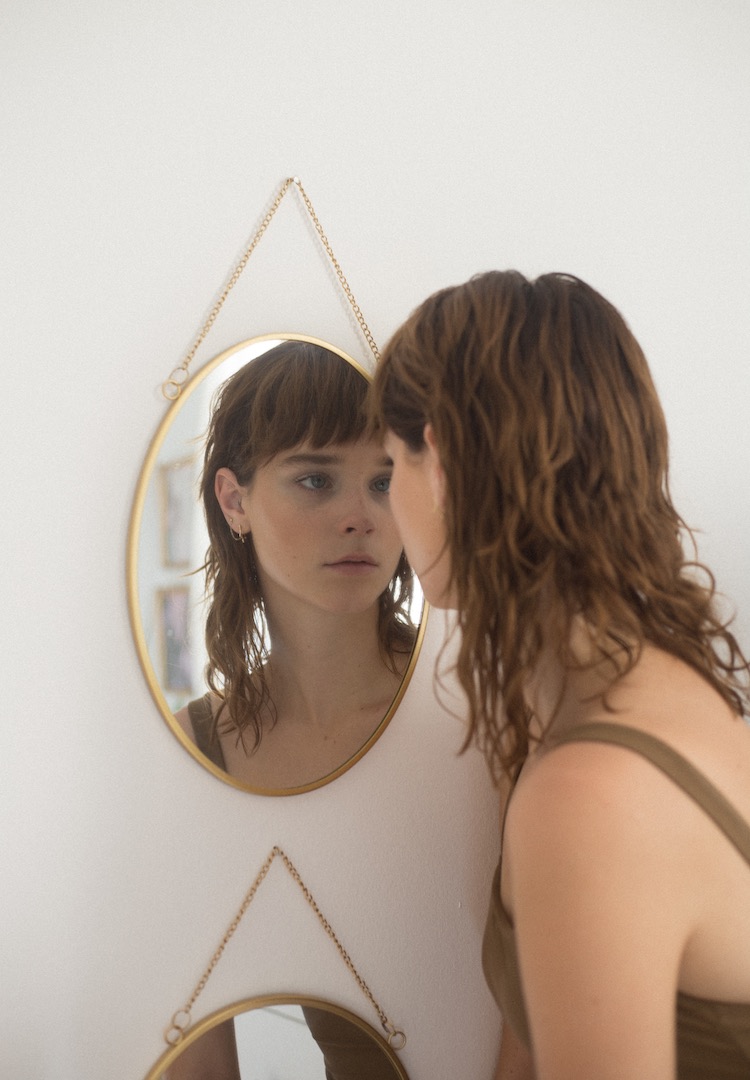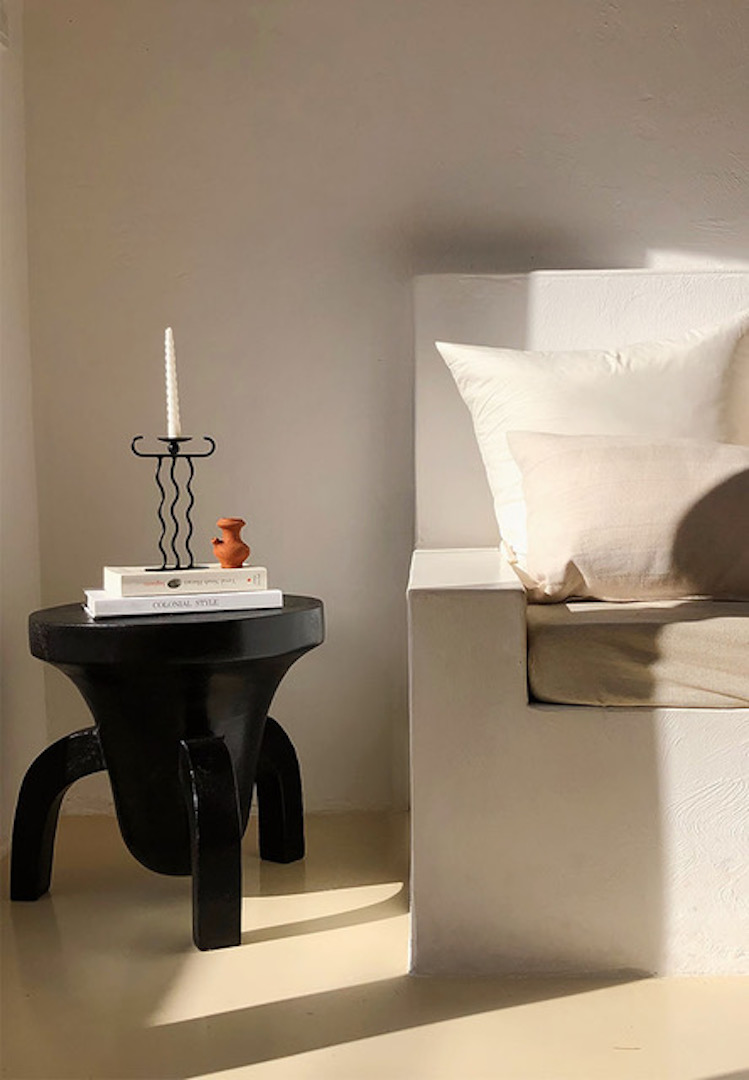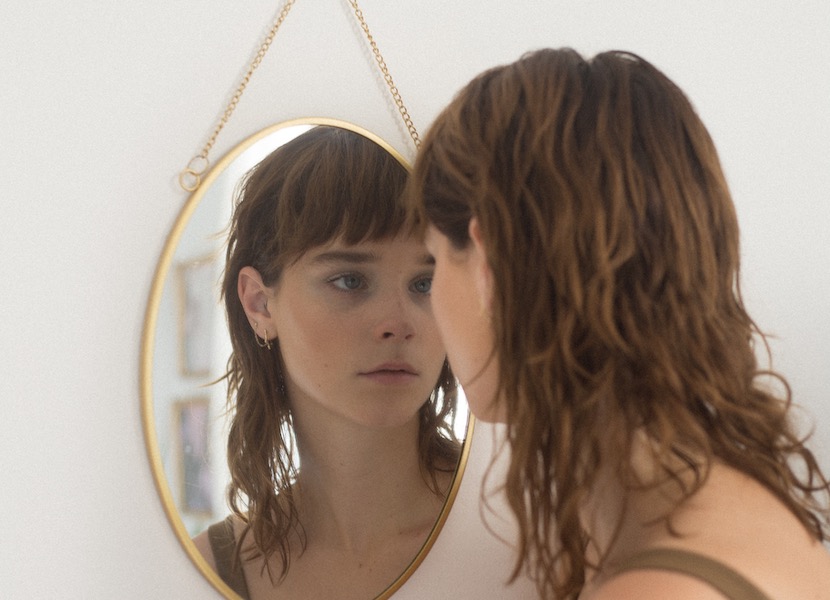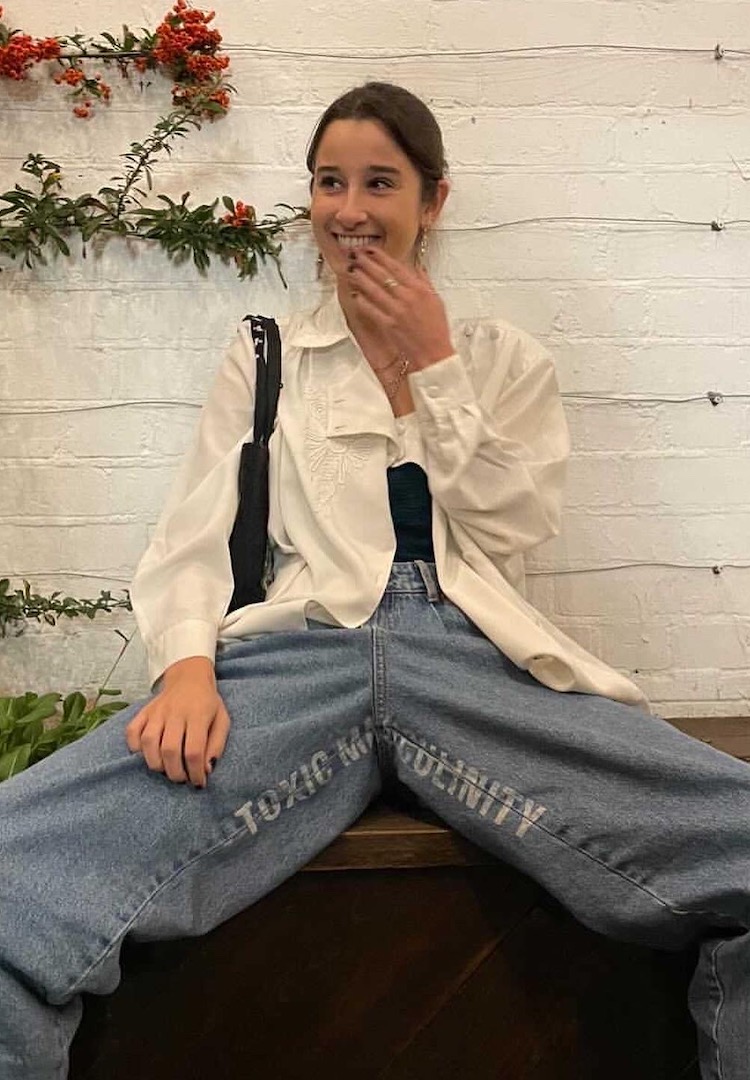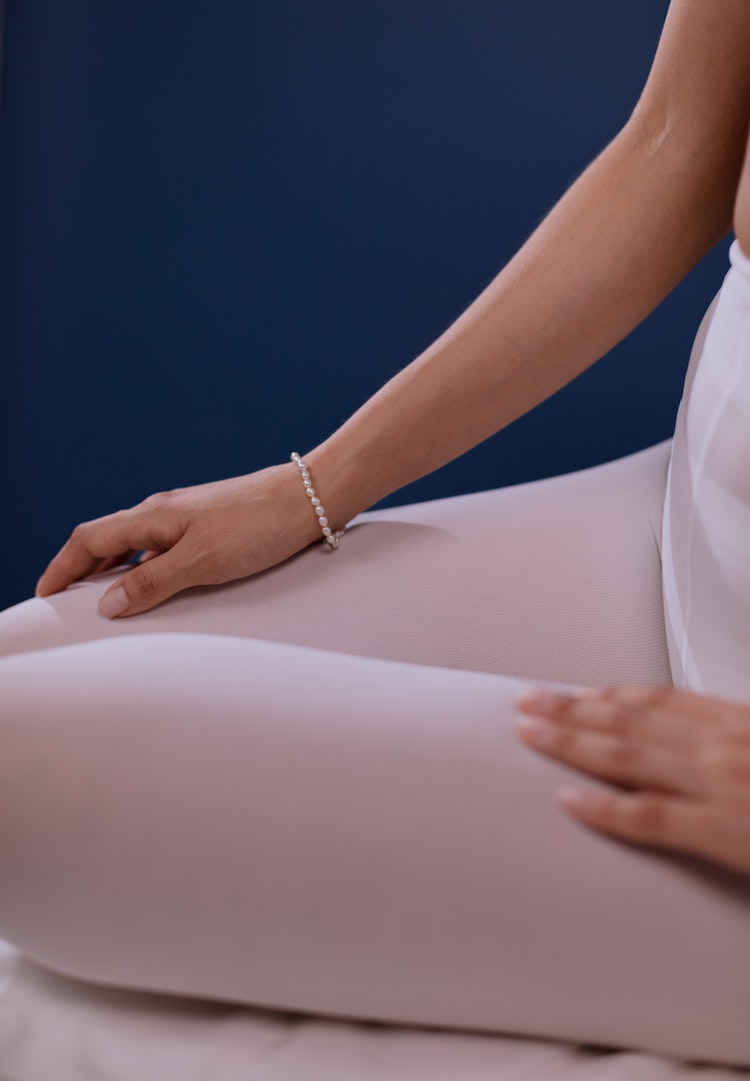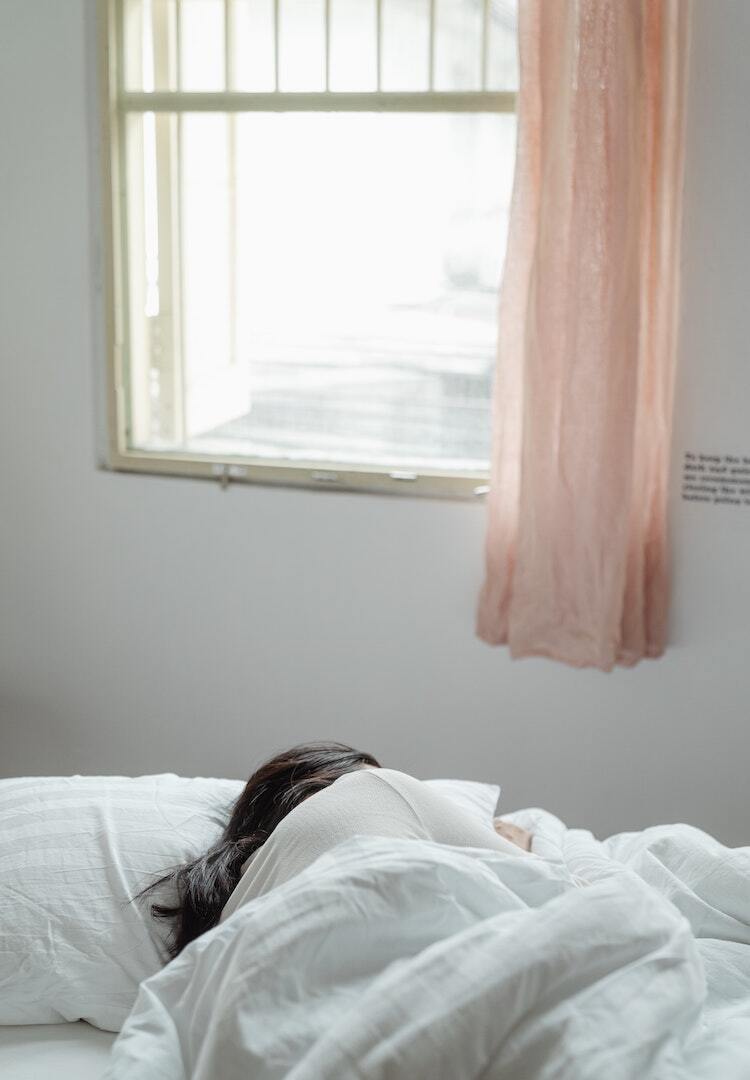Why I tell anyone I might be intimate with that I was abused
PHOTOGRAPHY BY ANGIE COUPLE
Words by Emma Hakansson
How are we supposed to navigate a healthy sex life, after abuse? A few years ago, I decided to start by telling people what happened to me.
Content warning: Sexual abuse
We know that in Australia, one in six women and one in 25 men have experienced sexual assault at least once since they turned 15. We know that incidences of sexual violence nearly double when survivors are children below that age and that most perpetrators of this violence are men.
Perhaps most upsettingly, we know that these numbers are far from the full story, with so many survivors feeling unsafe or otherwise unable to report rape and abuse. It feels strange to rattle off these numbers so quickly when they are made up of so many individual people, so many devastatingly traumatic memories.
If you have experienced sexual assault or know someone who has, a list of key support services in your state can be found here.
It feels like a kind of replication of mainstream media’s response to this continued epidemic of sexual violence; often shallow, rushed, and non-commital. We hear so often about sexual abuse, but it’s almost as often clear that such reporting is done out of a kind of obligation, rather than a genuine dedication to preventing sexual abuse, or to helping repair people who have been near broken by it.
So let’s make some space to talk about the ‘after’ of sexual violence. After I was sexually abused – as a small child, by a trusted adult, secretly, horrifically and as the greatest betrayal I’ll ever know – I had to grow up. I grew up fast, because it’s hard to truly be a kid anymore after that. You get hollowed out, things that were funny or interesting before aren’t, you don’t like hugs anymore, you don’t like being here anymore.
But I did continue to be here, whether I felt like it or not. Time passed, and when I first had sex (because what happened to me was not sex), I was still young – fourteen. By the time I was seventeen, I had and continued to have more sex than most of my peers, and not always with people who respected me, and sometimes with people probably too old to be doing that with me. At the time, I felt as though I was reclaiming my sexuality, but looking back, I was convincing myself I had dealt with the pain. Subtext: I had not.
When I was eighteen, I quickly and unexpectedly dissociated during very consensual sex with a friend. I ended up biting his lip. He bled, and the only thing that snapped me back to reality was the texture of his skin and the sound it made as a little bit of it ripped off from the rest of his mouth.
That sounds like I’m a shark and it was a whole chunk of flesh – it wasn’t, but it definitely wasn’t good. Very reasonably, he asked what had just happened and was a bit annoyed. I got flustered, I apologised profusely and I went to get some toilet paper for the blood.
It wasn’t until we were sitting together in silence that he asked me what had just happened to me, where I went. I decided that someone you’ve just made bleed deserves to get a real answer, and I told him that I was sexually abused as a child.
I told him that sometimes having sex meant feeling like I had that awful person with me, and like I was a child again. That sometimes I got flashbacks, that I didn’t see this attractive guy I was really glad to be kissing, I saw a face that made me feel sick, that belonged to someone whose name I couldn’t bear to say out loud. He softly, gently, suggested that this is something I should tell people before I have sex with them. Looking at his swollen lip, I agreed.
At first, I told people – not just people I planned to have sex with, but that I planned to kiss, or that I was interested to be closer to in any kind of romantic sense – out of obligation. Basically, I didn’t want to bite anyone else. But as I thought back on past experiences, I realised I deserved to tell people for my own sake.
It could have stopped men from putting their hands on me in ways that felt too close to what had happened before, it could have stopped their hot breath from landing too close against my ear, which to me, sounded like I was small again, trapped under the weight of someone, debilitated and broken.
I was scared it was unsexy. I mean, that’s not wrong, anyone who was turned on by my telling them I’d been sexually abused as a child was someone I wanted far away from me. But I was worried it would be all someone would see of me. I didn’t want to be that person who’d been abused, I didn’t want pity, I didn’t want them to picture it when they saw me.
I wanted connection, I wanted to be sexy still, I wanted to be strong still, and I wanted to be wanted. I wanted some exterior assurance that it hadn’t shattered me the way it so often felt like it did: lungs breathing painfully against shards of glass I kept between ribs. I didn’t want to be broken, to be shameful, to be damaged.
It’s been a process, but now I know and encourage my – too many – friends who have been sexually abused, to tell their intimate partners about their trauma. It makes sex safer and helps to curb flashbacks. It chips away at a shame that should not be felt for having the strength to survive something so terrible. It tells me whether I actually want to be intimate with that person or not.
I’m not looking for therapy when I tell someone I’ve been abused, (I’ve got enough of that without them) but I am looking for a response that assures me they’re going to do their part to make intimacy safe for us. And ‘safe’ doesn’t just mean basically consensual, it means check-ins, it means open and non-judgemental communication, it means fun, it means pleasure, it means boundaries, it means exploration and it means connection.
Even with these additional safety measures in place, in bed, what happened to me sometimes still gets in the way. I’ve wanted someone to punch me because I hated myself for feeling pleasure, because of a wrong-but-still-there tie between current pleasure and past trauma, a tie which leaves me feeling vulgar and immoral. I’ve cried when I’ve let my mind wander a little too far and ended up in a room I wish I’d never stepped foot in, when in fact I’m still between the sheets.
I’ve wanted to hurt myself out of anger that I can’t just be present, can’t push past a numbness that used to protect me, but that now can leave me empty. When this sort of thing has happened though, I’ve since been with people who have known why, who have picked up on some shift, who have understood what might be going on in my head when very suddenly, everything needs to stop. I’ve been with people who have cared.
I am sexy, and I enjoy sex. I’m also a survivor of child sexual abuse. It’s really, really difficult to hold that kind of duality. But it’s also far easier to do so when I’m able to push past shame, and when I can do so in safety; when I am seen. When I, as I do now, have a partner who holds space for what happened to me just as he holds space for the woman I am aside from that.
Everyone having sex should consider what they can do to make their intimate partner comfortable, because too many of us have pain that we felt was too much to tell you. You can never be too respectful of a partner.
Everyone who has been raped or abused in their past should know, absolutely and unequivocally, that they are sexy if they want to be, that they are not disgusting, shameful or unappealing because they had the strength to survive. You deserve whatever pleasure you want.
If you or someone you know has experienced sexual assault you can call national sexual assault counselling service 1800RESPECT, or head to its website for support and advice.


